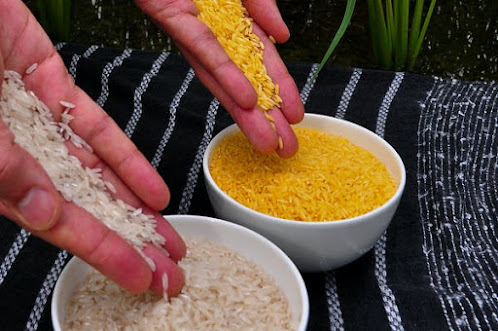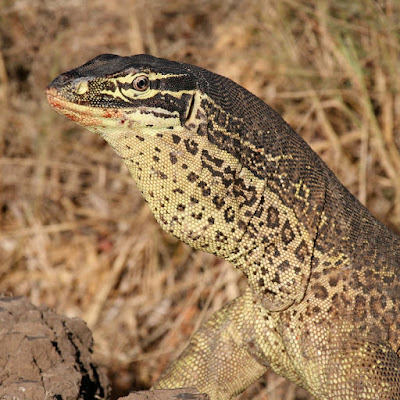Dangers together with the guarantee
Methods for hereditary design are not ideal. Considerable hereditary mistakes have been created by the typically used methods of genome modifying, consisting of TALENs, in the previous. In lab designs, off-target occasions that create undesirable mutations, in some cases with deadly outcomes, have been explained in plants, fish and human cells.
In the meantime, there stay numerous unpredictabilities regarding the effect of gene-edited microorganisms on the atmosphere and health and wellness. While gene modifying might not present international hereditary product, the innovation certainly modifications the structure of the item at an extremely essential degree. Research study is presently in progress to enhance these methods, decrease the regularity of undesirable mutations and enhance the security of genome modifying.
While GMO crops cover 170 million hectares of land worldwide, standing for 11% of all arable land, they stay questionable. Gold rice, for instance, guarantees to conserve one million kids a year from vitamin A-related death. In spite of biotech business Sygenta providing the permit to expand gold rice for free for altruistic utilize, its authorization has been stalled in many setups.
Obviously, preferably we'd have the ability to enhance food accessibility in manner ins which do not consist of danger, however there are couple of, if any type of, choices at this degree of prospective favorable effect that are risk-free.
Since stringent regulative oversight is mainly doing not have on GM methods consisting of genome modifying, it is possible that biotech business might establish speculative gene-edited crops for screening in establishing nations where the require for food is higher than the political will to safeguard the masses. Prediksi togel jitu keluarangan SINGAPORE TERBAIK 27/07/2020

India's experience with GMO crops makes the factor. The nation badly controlled fostering of hereditary design. While still a various provide, activists compete that indeptedness and plant failing – both, they state, unavoidable results of the business design of commercial farming presented in India – have additional stressed out some Indian farmers.
Remarkably, the removal towards genome modifying as the preferred method to hereditary design might, at the very least partially, offer some leeway for biotech business to prevent policy. Genome modifying utilizing TALENs and comparable methods are either outdoors the territory of the US Division of Farming or weren't visualized when current policies were produced.
The USDA presently depends on a product-based regulative structure that focuses much less on the innovation utilized to establish the plant and much a lot extra on the fundamental danger of the end product. The focus gets on any type of prospective danger the brand-new characteristics or associates presented right into the grow position to the general public or the atmosphere. However thinking about the truth of unanticipated, and frequently questionable, unique methods of food manufacturing, it may be a much better concept for the USDA to use process-based policies as done by the EU, Argentina, Brazil, and a number of various other nations. In those nations, the regulatory authorities concentrate on exactly just how food crops are established, not simply on the last result.

